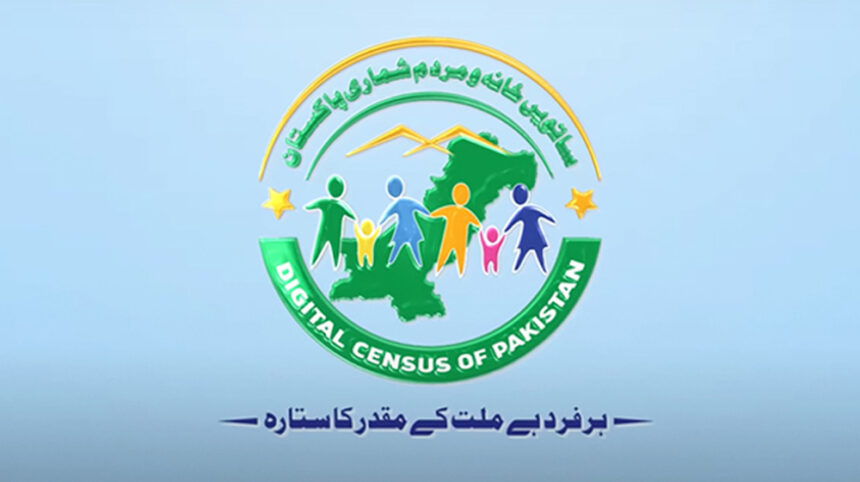The largest digital census of its kind in South Asia is being conducted in Pakistan right now. It is the first digital census the nation has ever conducted. The shift to digitization has made it possible for local governments to quickly identify areas that were missed utilising geotagged homes and the accuracy of the data entered by the enumerators in real-time.
With 92% of the census labour already accomplished, the digital census is a big success. Efficient workflow and technological advancements now allow for daily synchronization of data for about 10 million people without technical issues. The Pakistan Bureau of Statistics provided 121,000 field enumerators with uniform training, and 126,000 tablets were used to digitise the data gathering process. These factors contributed to the success of the current census.
The primary goal of the census is to offer information for policy planning and informed decision-making for the people who live in certain locations, allowing for the provision of necessary resources for the provision of essentials like schools, hospitals, roads, etc.
The government is striving for complete census coverage and ensuring its quality. A helpline and SMS gateway have been established for reporting missed areas and addressing questions.
The digital census is an admirable endeavour that improves accountability, efficiency, and transparency. Every citizen has a civic obligation to take part in the census, which is completely impartial and has no connection to voters or the potential to discriminate.
Pakistan Bureau of Statistics has given optimism by modernising and digitising the census, bringing it on level with sophisticated nations who conduct their census using technology, in an environment beset with economic difficulties and declining living standards. Accurate citizen information and active reporting key to effective census.







